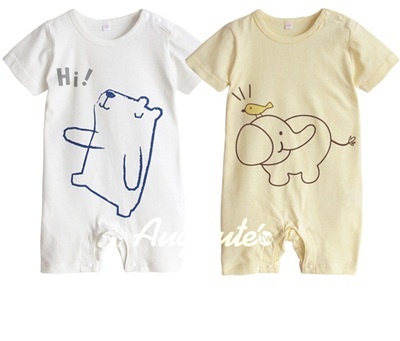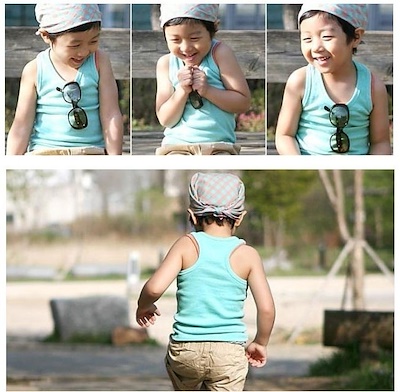Mathematics Concepts: How Do Children Develop An Understanding?
Mathematics is a fascinating subject. On one hand, it can be very complex and technical, used to develop sophisticated algorithms to solve problems on a global scale. At the same time, it is a tool we use in everyday life to sort, count, measure and analyse. These are all elements of Math.
Mathematics is therefore everywhere and in everything that we do. When it comes to ‘teaching’ Math, the concepts extend from numbers, patterns, algebra, geometry, data analysis to measurement, money and time.
Learning Math is critical for young children. It gives them the confidence to explore and develop an understanding of the world around them. Skills and knowledge of mathematical concepts become more complex with time. Identifying goals and working towards them, by offering children many opportunities to test and practise their mathematical concepts, is a good way to understand specific concepts needed to lay a strong foundation in Math.
Counting, for example, can be broken down to a multitude of concepts - one-to-one correspondence, recognizing number patterns, grouping and comparing numbers, ordinal and cardinal principles, skip counting, addition and subtraction. Before children are able to add and subtract, they need to understand numbers and what they mean. Rote counting is very often a memory skill in young children and does not translate to other higher order mathematical skills.
As adults, we can help children make connections to these concepts and scaffold to more complex learning by providing them with opportunities to explore Math concepts and put them to practical use. Working with cars and measuring speed, measuring the ingredients in a cooking experience, building a tower with construction blocks of different dimensions, going to the supermarket and handling money - there is a myriad of ways in which we can expose our children to everyday learning experiences in Math.
Geometry and spatial awareness is another important element of mathematics. Young children develop a sense of shapes and spatial awareness through their interactions with objects and experiences involving their bodies. Playground time will expose them to vocabulary and concepts such as longer, wider, stronger, before, after etc. Queueing and anticipating how much time before it gets to their turn based on the number of children waiting to play on the slide is also a mathematical experience. Identifying shapes of everyday objects such as circular car tires, rectangular windows, and octagonal ‘stop’ signs is a fun way to articulate and learn new vocabulary describing shapes.
Patterns can be identified in music, art and play. Musical experiences that involve patterns, such as the song ‘When you are happy and you know it’, help children not only recognize patterns but also supports them in appreciating the mathematical principles behind them. A dance experience encourages children to understand how their bodies move in relation to themselves and others.
When we put Math concepts to good use in everyday life, children appreciate the relevance of Math and are challenged to develop skills and competencies in this area. Make Math a part of your child’s life and learning will be so much more fun and effortless.
Source: Mathematics Concepts - How Do Children Develop An Understanding?
It takes a village to raise a child !
Join our WhatsApp Groups or Facebook Group to interact with parents about infant care/child care in Singapore..











